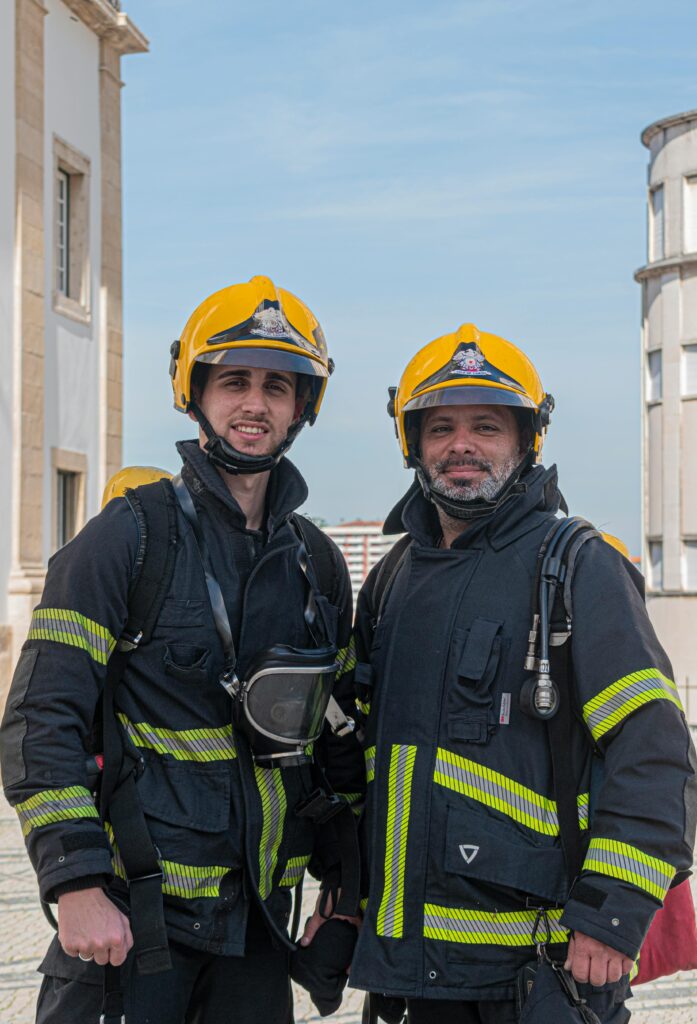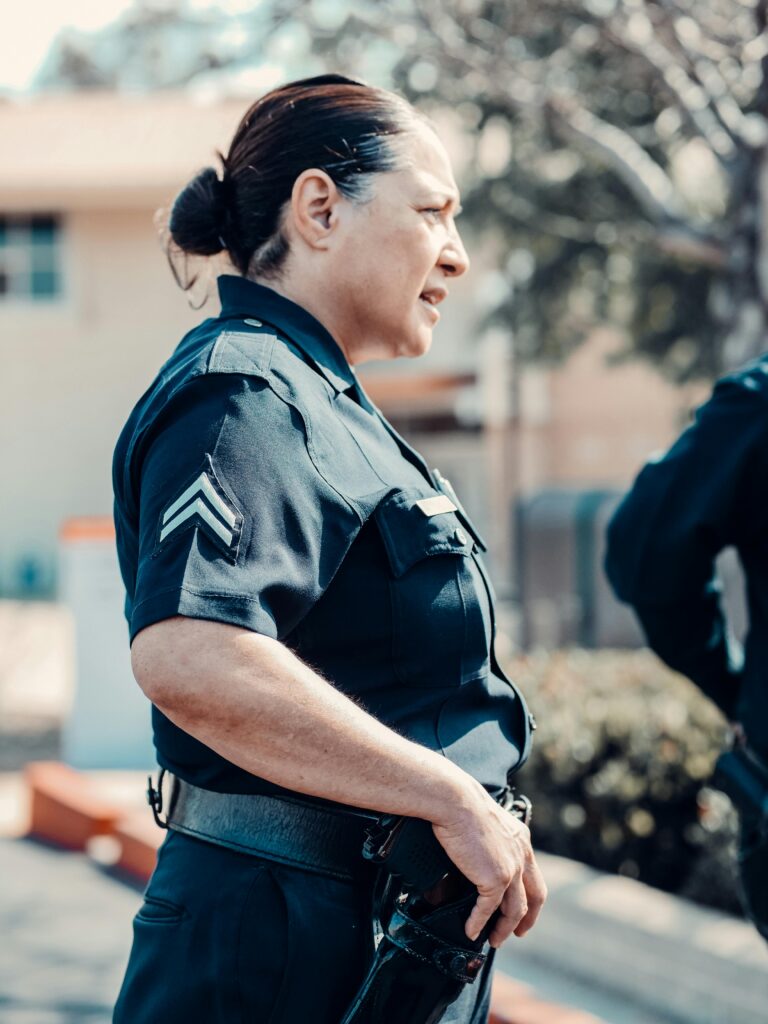Serving Clients Across Canada | Virtual Clinic | Vancouver HQ
Serving Clients Across Canada
Virtual Clinic | Vancouver HQ
Serving Clients Across Canada | Virtual Clinic | Vancouver HQ
Serving Clients Across Canada
Virtual Clinic | Vancouver HQ
If you are a first responder, you have likely seen more than most people can imagine, and may have avoided acknowledging how PTSD in first responders impacts your life.
You’ve attended violent scenes like life-threatening fires, sudden violent deaths, or even disaster scenes, and you’ve held it together amazingly! As I write this, I can honestly say you are truly a gift to us all.
But first responder experiences can leave a long-lasting psychological impact. People (including you) forget that those moments don’t just disappear once the shift ends.
While many people are relying on you in moments of crisis, it’s common to feel like you have nowhere to turn for support.
You have told yourself to “just deal with it” or you’ve buried what you have seen because it’s the job. You know that if you say something’s impacting you, you might be taken off duty, told to go to counselling, or put on desk duty. So you learned to develop a thick skin.
Ultimately, understanding your emotional and physiological reactions to the occupational stress you’ve endured, is empowering on its’ own.
PTSD in first responders is widely recognized – veterans can get a lot of support now. But there are now advanced ways to get you the healing you need to return to your work, or move on with peace.

First responders face more than just one traumatic event on the job. There are often years of trauma stacked on top of one another. If you have responded to violent crimes, fatal car crashes, suicides, fires or any other kind of incident, you’ve been exposed to multiple traumas – it’s reality of being a first responder. And PTSD in first responders is a reality as a result.
As a first responder, it’s easy to minimize the impact of these events because they are “just part of your job”. You might be telling yourself to “push through” and that “it’s not a big deal”, but the effects of trauma may not show up immediately. Post Traumatic Stress can show up slowly as a result can change the way you think, feel and function on duty and off duty.
As a result, this exposure can affect your body and brain in ways you might not even realize until someone else tells you about it.

Sometimes, the trauma may not even be your own. Secondary trauma for police officers and firefighters is real. You can absorb the pain and suffering of others. These can include strangers or loved ones that you’re trying to help.
Maybe you find yourself deeply impacted by what someone else has gone through. For instance, it can be a memory of someone who wasn’t able to be saved, or a grieving parent that you comforted, or something that hit too close to home. Ultimately, the impact doesn’t have to be personal to leave a mark.
Sometimes, it can sneak up on you, and you may notice feeling emotionally numb or disconnected, having flashbacks or avoiding certain calls or locations.
Even if you were not directly involved as a first responder, your mind and your body can still carry the weight of that experience that can develop into PTSD in first responders.
If you’ve been wondering whether you are experiencing PTSD, you are not alone and you are not imagining it. The symptoms of PTSD in first responders are real and are complex. In fact, It can show up in various ways that you may not expect.
Furthermore, trauma doesn’t just impact your mind but also your physical brain, your body, and your relationships and environments.
After spending so much time taking care of others as a first responder, it’s time to take care of yourself. You’re not broken for feeling the way you are – you’re just human.
Support is always available and is tailored to your unique needs. A therapist who truly understands trauma and PTSD in first responders can make the biggest difference.
FreeMind Therapy is uniquely situation to provide the latest brain-based therapies to get you results in a more effective and efficient way.
I invite you to book a free 20-minute consultation today to find out how trauma therapy for PTSD in first responders can change your life.
Support is just a message away.
